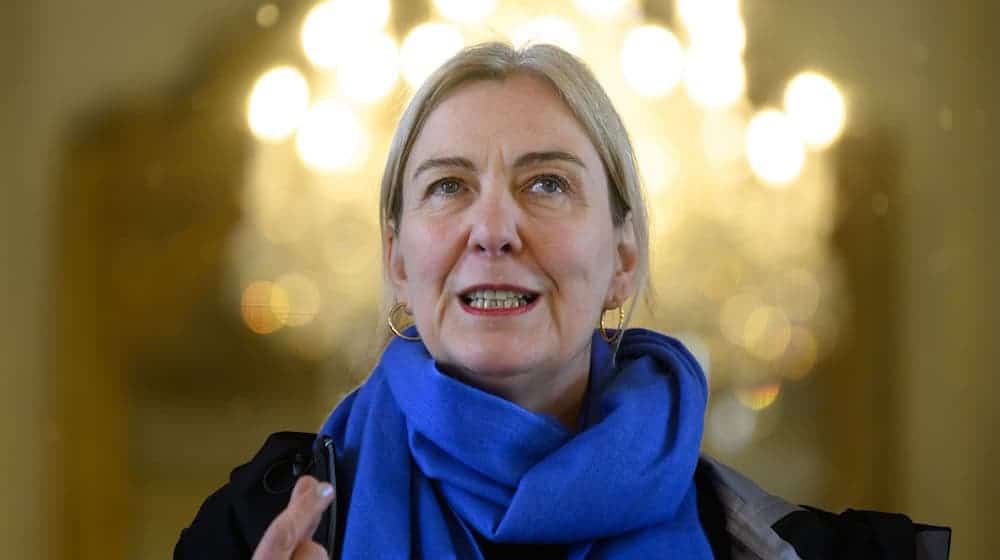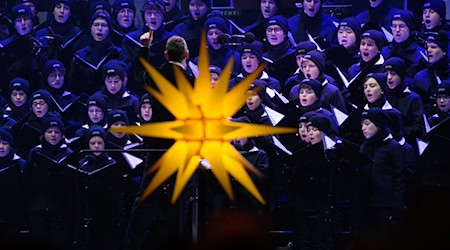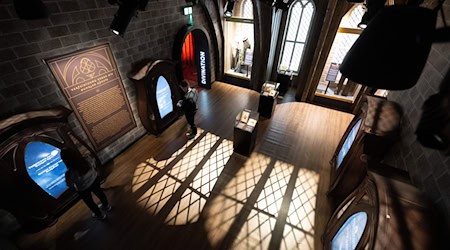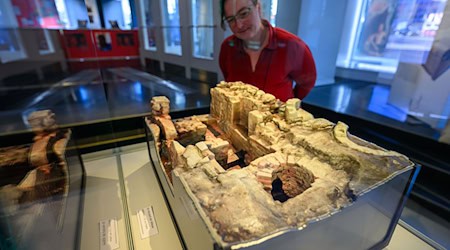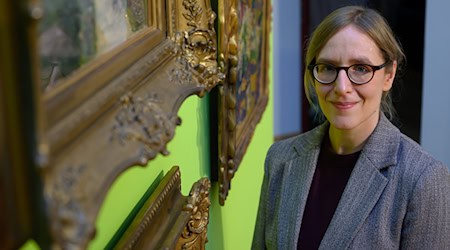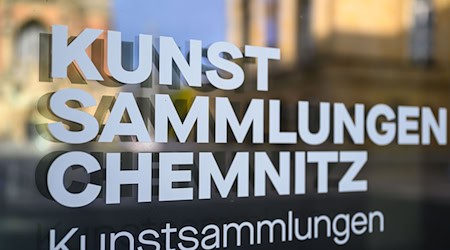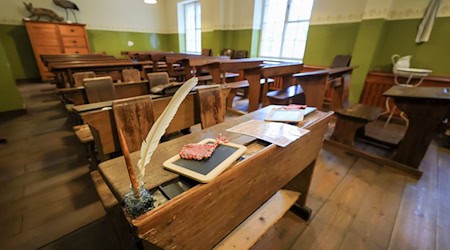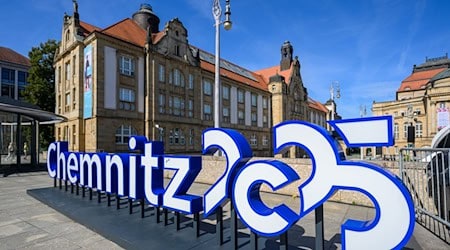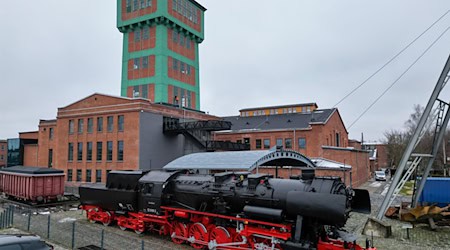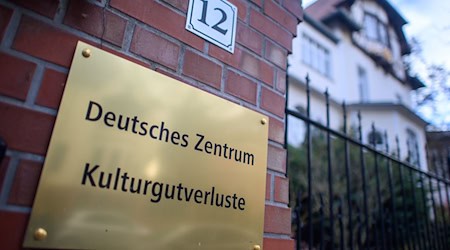Germany's museums need to work on their internationality, according to the outgoing Director General of the Dresden State Art Collections, Marion Ackermann. They should "act even more strongly and perhaps a little more freely", says the renowned cultural manager, who will take over as President of the Prussian Cultural Heritage Foundation in the summer. "We have to face up to the world and build close international relationships with people in the cultural sector, even in problematic systems."
"Sealing off culture is the wrong approach."
For Ackermann, the collections preserved in Germany also include the obligation to allow these centuries- or millennia-old cultures to live on, to use culture as an ambassador, also by using personal connections. "There are no monolithic cultures. Isolating culture is the wrong approach." It has never emerged in isolation, "but in the process of in-between, in adaptation, appropriation, rejection, reflection", in creative processes. "That's why we need to connect with the whole world, regardless of systems like those in America, China or Korea."
Ackermann: Shaping positive change in museums
Ackermann sees museums undergoing "extreme change". This is positive in itself. "But it is a very dangerous time; nothing happens here by itself." Cultural institutions need to adapt to the changes. "We need to reposition ourselves, including in our approach to ethical issues, education and digital art," she says. "We need to take another big step forward."
The art historian is convinced that museums need a unified stance, a "strong compass of their own" that is jointly developed and constantly discussed internally. The path to such an ethical code is a democratic process, she says, speaking from her experience in the Dresden network of 15 museums. "Culture has become more democratic, but the political environment is more complex. As an institution, you have to face up to these public conflicts." And Ackermann is a fan of great loyalty on the inside. "That doesn't mean that everyone agrees, but that you remain fair." She is concerned about the relentlessness of the debate.
Discovering the hidden: Archive as "a new idea of museum"
For the woman who will soon be at the helm of Germany's most powerful cultural institution, a museum is also an archive. "Exhibitions are only one part of the whole, another very important part is research, and above all artistic research," says Ackermann. It's not just about showing the main works and the rest is always in storage, "but about enabling greater permeability, understanding the collection as an archive, bringing unknown stories to light, discovering hidden things". The Dresden Archive of the Avant-Garde (ADA), which opens in 2024, is thus "a new idea of museum".
Copyright 2025, dpa (www.dpa.de). All rights reserved

